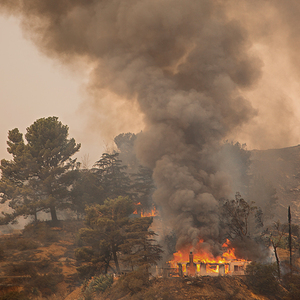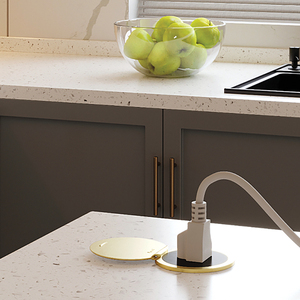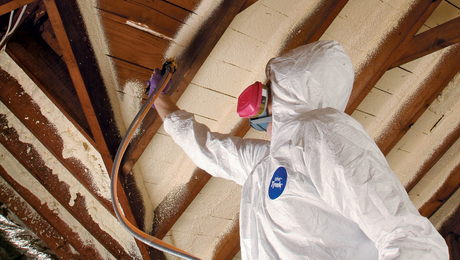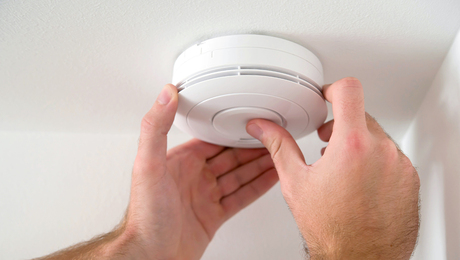Q:
I’ve been told that GFI outlets are not a shock deterrent on wooden decks. I work at a home center in San Diego where customers routinely purchase GFIs to replace the outlets on their boats. Is this application any different than a wooden deck, except when wet? What about RVs? Would you describe the way that the GFI functions in these situations so that I can give my customers good, informed advice about benefits and/or risks?
Danny Morgan, San Diego, CA
A:
Rex Cauldwell, a plumbing and electrical contractor in Copper Hill, Virginia, and author of Wiring a House , replies: GFIs do not need a ground to work. They compare the supply current in the black wire with the return current in the white wire. If a ground fault occurs, the circuit opens faster than a heartbeat, and the current stops flowing. But for the current to stop flowing, there has to be a ground fault.
A ground fault occurs when the hot-wire electrons are being taken to ground (earth), as opposed to going back to the panel via the white wire. Therefore, if you are on a dry insulator (such as a dry wooden deck) and you put your body across the black to white wires, the current flows out of the black wire, through you and into the white wire and back to the panel. No ground fault occurs. The GFI does not trip, and you will be toast.
If someone is on a boat dock and the dock is dry, and he puts himself between the black and white wires, the GFI will not trip. Again, he will be toast. The same is true with RVs. However, if a person is standing on the ground or on a wet dock or a wet deck, some electrons will flow to ground, the GFI will trip and try to save his life.
Fine Homebuilding Recommended Products
Fine Homebuilding receives a commission for items purchased through links on this site, including Amazon Associates and other affiliate advertising programs.

Standard Marking Chalk

4-Gallon Piston Backpack Sprayer

Drill Driver/Impact Driver

























